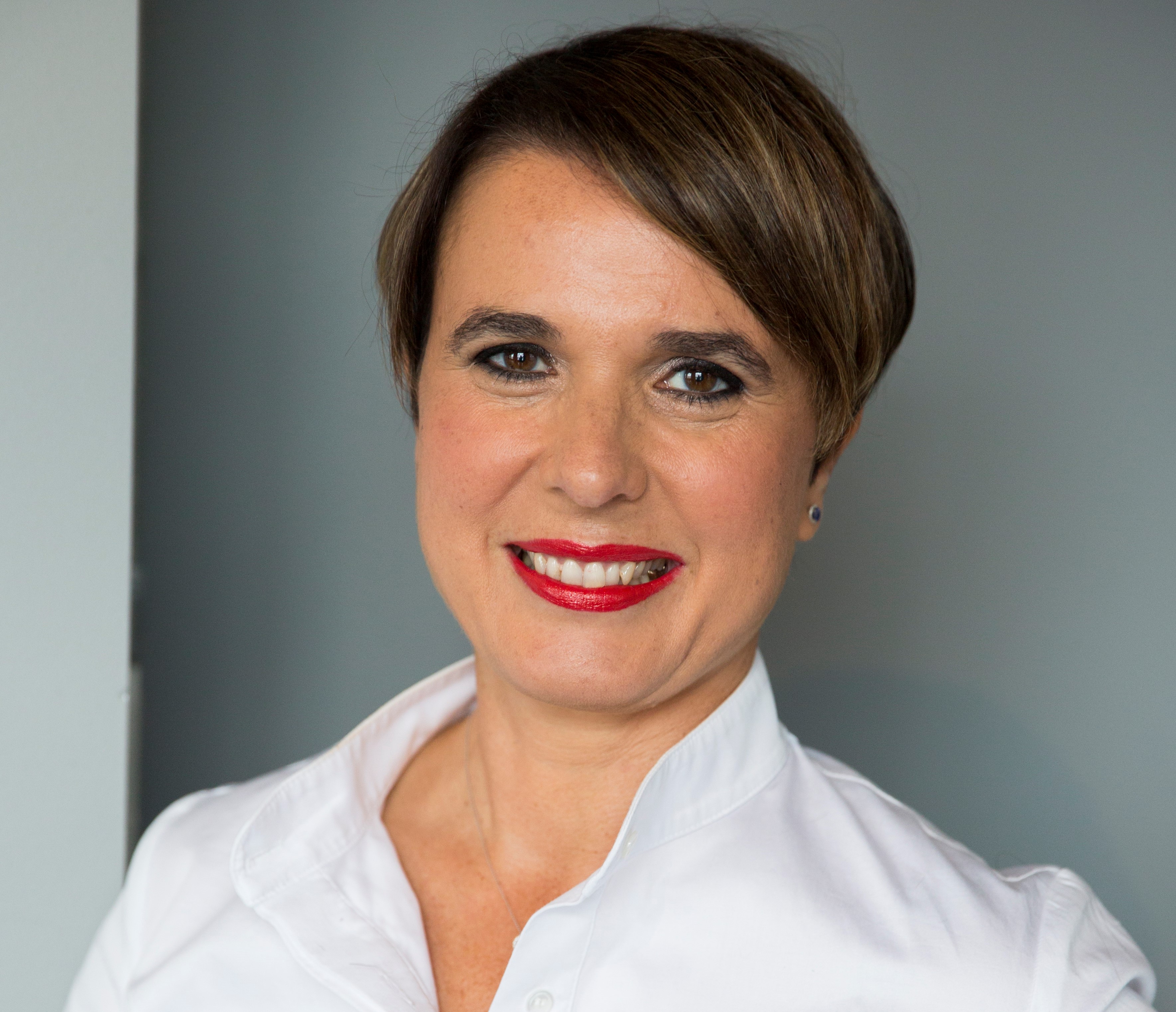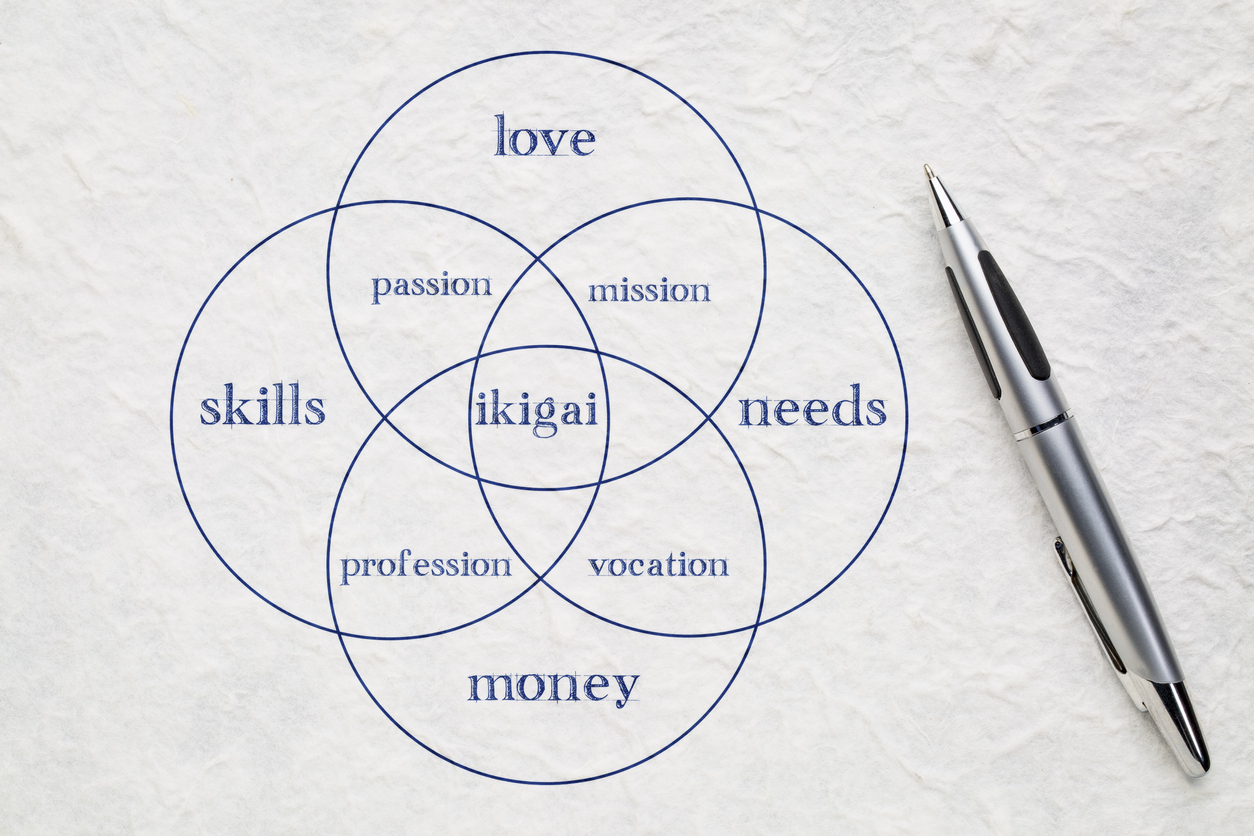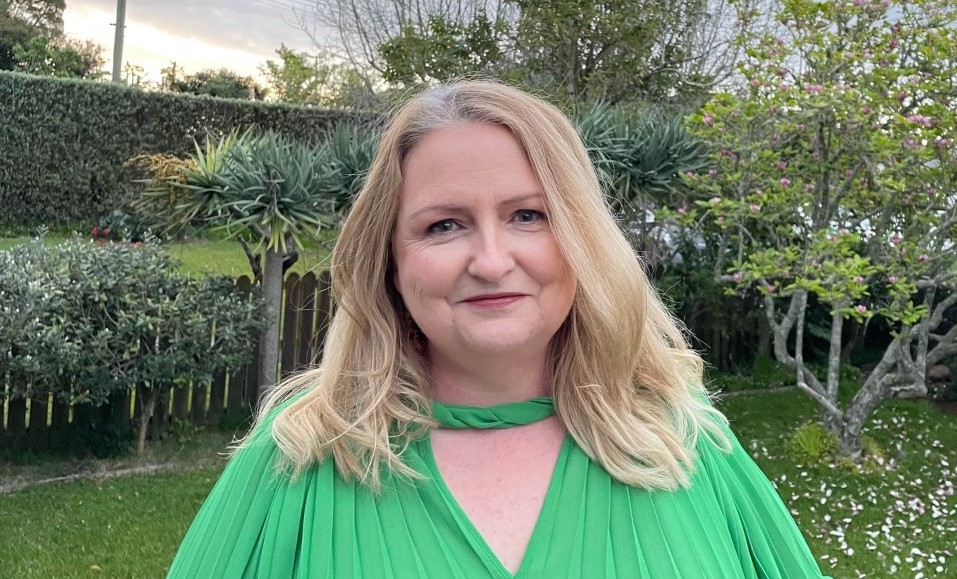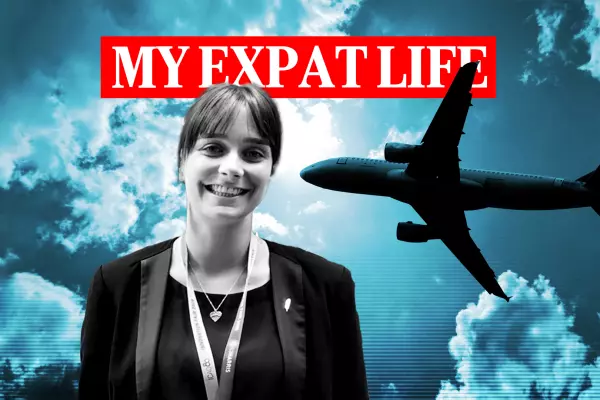Vicki Marsdon was in her early 50s when she was “restructured” out of a senior role in book publishing. She had been part of the industry for 30 years and her self-worth was tied up with her job, so losing it hurt. “I perceived myself, quite wrongly, as no longer valuable,” she says.
At first, Auckland-based Marsdon struggled to fill her days and spent a lot of time on housework. “I had an incredibly clean kitchen,” she recalls.
Then she began viewing the enforced break of several months as an opportunity to give some thought to what she had really enjoyed about her old job in publishing.
“I came to the conclusion that what I liked was working with authors and discovering amazing projects.”
Eventually, she used her skills to carve a niche in a different part of the book industry. Now, as a literary agent, she sells work by New Zealand writers to publishers here and overseas, and the company she co-founded in 2018, High Spot Literary, represents authors such as Becky Manawatu, who wrote the award-winning Auē.
Marsdon, now 61, loves the work she is doing today and has no regrets and no retirement plans.
“When you’re faced with redundancy in your 50s, sometimes you’ve just got to believe in yourself and take a leap,” she says.
Redundancy is tough at any age and stage, but in midlife it can be particularly daunting to face starting again, especially if it is something you never expected to happen.
“People in their 40s and 50s grew up with the sense that if you work hard, you’ll be rewarded and an organisation will look after you,” says Auckland-based organisational culture specialist Galia Barhava-Monteith. “We have that mentality of being very loyal.”
 Galia Barhava-Monteith.
Galia Barhava-Monteith.
With the pandemic triggering unplanned-for restructuring in companies, more job losses are inevitable. If redundancy does happen to you, the first thing to realise is that you are not alone, says Barhava-Monteith.
“Then my advice is to give yourself time to grieve for what you’ve lost. Because it is really painful and it does shake your whole identity, so it is hugely important to recognise that, particularly at a time like this when there is so much other uncertainty and anxiety.”
The next step involves reframing – looking at the work you have done and the skills you have built over the years and thinking about how those can be used in a different way and another setting.
“This requires us not to do what we’ve always done and expect it to be relevant,” says Barhava-Monteith. “We need to be more strategic, step back and ask what is the landscape now. Anyone who has been senior has got plenty of skills but the key is to be explicit about how they are relevant in today’s context.”
It might take a while to go through this process properly, says Auckland-based executive coach Sheree Nicholas, of People Factors. Rather than feeling like you need to rush straight into another job, take a break, if possible.
“Give yourself a time period – a month or three months, depending on your redundancy payment – and treat it like a discovery,” she advises. “Pause and zoom out, learn about yourself, what brings you joy and what excites you. Learn about industry and business, because a lot of change is happening and with that comes opportunity.”
This “zooming out” can’t take place until you have finished at your previous workplace. You need to say goodbye to the old version of yourself before you start thinking about what the new one will look like, says Nicholas.
A career break may provide a chance you never previously had: to think about what you really want and what is important. Because most careers tend to develop; we get qualifications, then take opportunities as they come along.
“We kind of go on autopilot and we’re led by whatever happens,” says Nicholas. “You can reach the point where suddenly you go, ‘How did I get here and is this what I want?’”
For most change to take place, we need some sort of disruption and the pandemic has certainly provided that. Nicholas has been working with more clients than in the past who are questioning their careers and making a choice to rethink them.
She finds the Japanese concept of ikigai is useful for helping clients zoom out and take a clear-eyed look at what they want from their working life. Ikigai loosely translates as “reason for being” and is often illustrated with a Venn diagram with four overlapping qualities – what you love, what you are good at, what the world needs and what you can be paid for.
 An ikigai Venn diagram. Photo: iStock.
An ikigai Venn diagram. Photo: iStock.
Where you are in life will dictate which of these you prioritise. For some people, financial security will be uppermost, for others, fulfilment will be more important. But whether you are moving on from redundancy or choosing a career rethink, the Venn circle to reflect on first is the one marked, “What you are good at”.
“What are the things you are known for, both the technical skills and also the way you operate,” says Nicholas
When Vicki Marsdon was going through her zooming-out process, she recognised that she was a big-picture person and a natural relationship builder, and that earlier in her career she had amassed some solid sales experience, all of which equipped her as she pivoted and became a literary agent.
“Once you really put on that explorer hat for a period of time, you’ll see themes and patterns emerge and learn which industries you’d like to dive deeper into and know more about,” says Nicholas.
There is no age limit to any of this, she stresses. Right now, she is working with a client who is completely reframing their whole career at 60.
 Executive coach Sheree Nicholas.
Executive coach Sheree Nicholas.
Redundancy is a knock to the confidence, so being prepared for change is important, even when things seem to be going well.
“As a general rule I think everyone should always have a current CV,” says Barhava-Monteith. “The first reason is that the world is always moving and you have to be ready. And the second is that if you're always going back to your CV and looking at the things you’ve achieved, that gives you confidence.”
Other people’s perspective can also be a confidence boost. Getting feedback from those who matter to you, trusted advisers who care and will give an honest opinion, should be a key part of rethinking career direction and preparing for interviews.
There may be a sense of shame around redundancy and a reluctance to reach out to professional networks. Barharva-Monteith is reassuring.
“Authenticity is important,” she says. “It’s appropriate to be vulnerable if you’ve been made redundant from a position you really cared about, and the way you handle it tells people a lot about you.”
While there may be job losses right now, there is also a lot of hiring happening, and new types of work that might not have existed just a few years ago. Barhava-Monteith has one key piece of advice for anyone looking for a second act in midlife.
“Be curious about what’s out there and about how people do things,” she says. “If you’re curious, you’ll never be stale and it will be easier to reframe. The people who don’t do well as a consequence of redundancy are the deeply uncurious people.”












